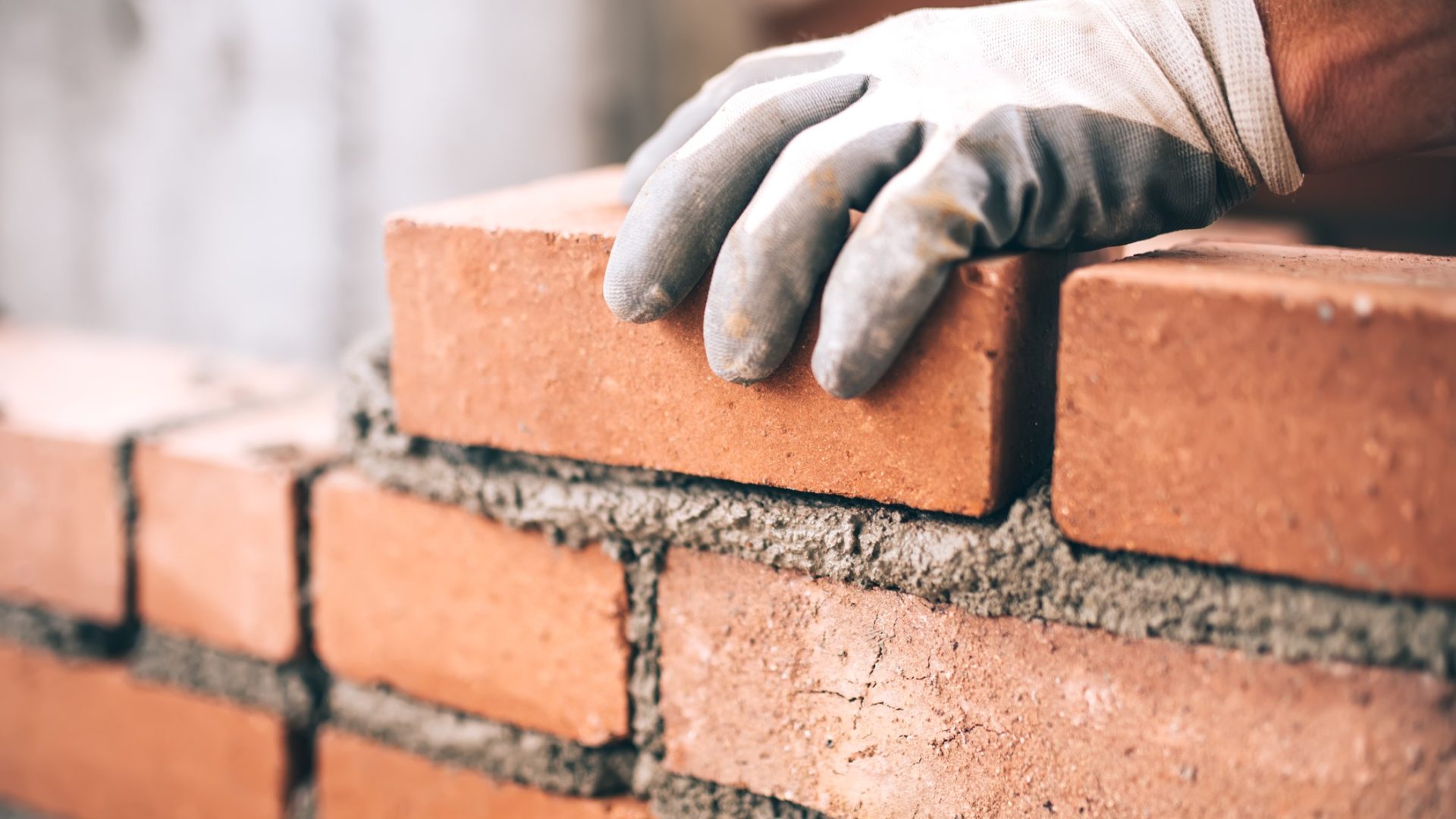
A construction industry testing specialist has launched a new method to assess the durability of mortar.
Lucideon says the new test will assess the ability of a range of new mortars to withstand UK climatic conditions.
The test, which Lucideon expects to become a useful tool for insurers, comes in response to the arrival on the market of more environmentally friendly products. These products reduce the amount of Portland cement in favour of other materials, such as limestone dust.
Test method
The test involved the construction of a panel of 10 courses of clay bricks, each three bricks long. Once the mortar has hardened, the panel is immersed in water for a prescribed period of time and then cooled and the water near one face is repeatedly thawed and refrozen. The test then assesses the damage caused by the freezing and thawing of the mortar.
Full details of the test methodology are available to download here.
Lucideon has developed the test to be in line with specifications set by the European Standards Organisation. The mortar durability test aims to ensure products used in building projects are of the required standard across the UK and Europe.
Dr Geoff Edgell, Lucideon’s principal consultant for construction, said: “This is an extremely important subject and becoming more so as time goes on because cement manufacturers, in seeking to produce more environmentally friendly products, are reducing the amount of ordinary Portland cement in their products.
“We are also seeing new types of mortar being introduced to the market.
“As a result, we need to be able to determine that mortars being produced are going to be durable for use in UK climatic conditions.
“The test, which has been calibrated against performance on-site at a very severe exposure location in the East Midlands, is available now.
“We believe it is the first of its type available in the UK.”
Comments
Comments are closed.












What, if any, consideration is being made to lime based mortars as opposed cementitious mortars in the testing? If non, then would there be scope to expand this to include testing on NHL mortars?